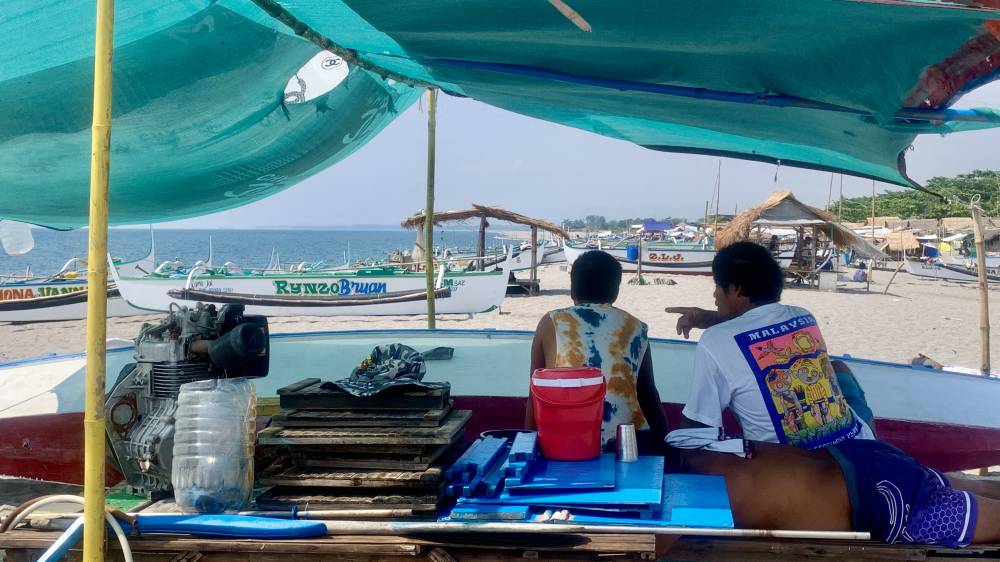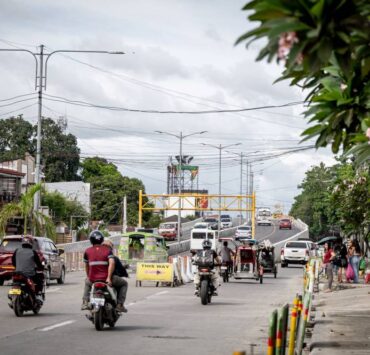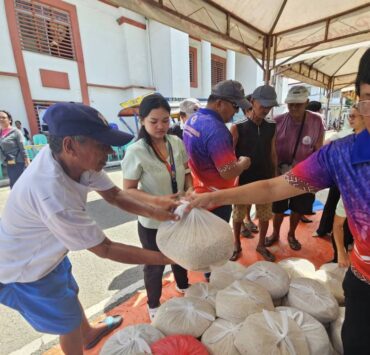Fishers group finds Marcos stance on sovereignty wanting

SUBIC, ZAMBALES—The fishers’ group Pamalakaya on Thursday reminded the Marcos administration that challenges to Philippine sovereignty come not only from China, but also from other foreign powers, particularly the United States.
The statement came in response to President Marcos’ remarks during the Philippine Navy’s 127th anniversary celebration on Tuesday, where he asserted that his administration “will stand firm and will never tolerate any act of disrespect against the country’s sovereignty.”
He also pledged to continue defending the country’s maritime zones and maintaining deterrence in line with international law.
But Ronnel Arambulo, vice chair of Pambansang Lakas ng Kilusang Mamamalakaya ng Pilipinas (Pamalakaya), noted that the President “allowed foreign military forces to conduct provocative military exercises, and to store war material on our soil. These actions undermine our sovereignty and threaten our national security.”
The Navy’s anniversary was held at their operational base located inside the former Hanjin shipyard in Subic, constructed in March 2022 to provide logistical and combat support to the Philippine Navy. This base lies only 150 nautical miles from Panatag (Scarborough) Shoal, a critical area in the Philippines’ efforts to protect its features in the West Philippine Sea (WPS).
PH–US agreements
Subic Bay once hosted the largest overseas American naval base until its withdrawal in 1991. Since then, it has remained a strategic hub, serving both Philippine and US forces for vessel resupply, refueling and repairs. Subic’s freeport facilities are also used to move US military equipment during joint military drills.
“The matter of asserting our sovereign rights rests with the Filipinos and a government with political will, not with any foreign ‘savior,’” Arambulo noted.
Pamalakaya renewed its call for the government to terminate its military agreements with the US, arguing that they harm local livelihoods, especially those of thousands of small fishers, and jeopardize national security.
Arambulo cited data showing that more than 20,000 small fishers in Zambales and Cagayan provinces were affected by the “no-sail zone” imposed during the annual “Balikatan” (shoulder-to-shoulder) exercises. These joint Philippine-US military drills, which have been held regularly for over 40 years, have repeatedly disrupted fishing activities.
Though the Armed Forces of the Philippines promised in 2023 to assist affected communities, residents reported that no tangible support has been received to date.
Chinese incursion
“Fishermen are always the ones affected by foreign interference—whether from the US or China,” Arambulo added.
Many Zambales-based fishermen who once relied on the abundant waters of Panatag Shoal have faced repeated harassment and intimidation from the China Coast Guard.
The shoal, known locally as Bajo de Masinloc, was once a vital fishing ground and safe harbor during storms. Since 2012, however, it has been heavily patrolled by Chinese vessels enforcing Beijing’s disputed claims over most of the South China Sea.
In July 2016, the Permanent Court of Arbitration in The Hague invalidated China’s sweeping claims, ruling in favor of the Philippines. But the Duterte administration chose to shelve the legal victory in favor of bilateral negotiations with Beijing.

















